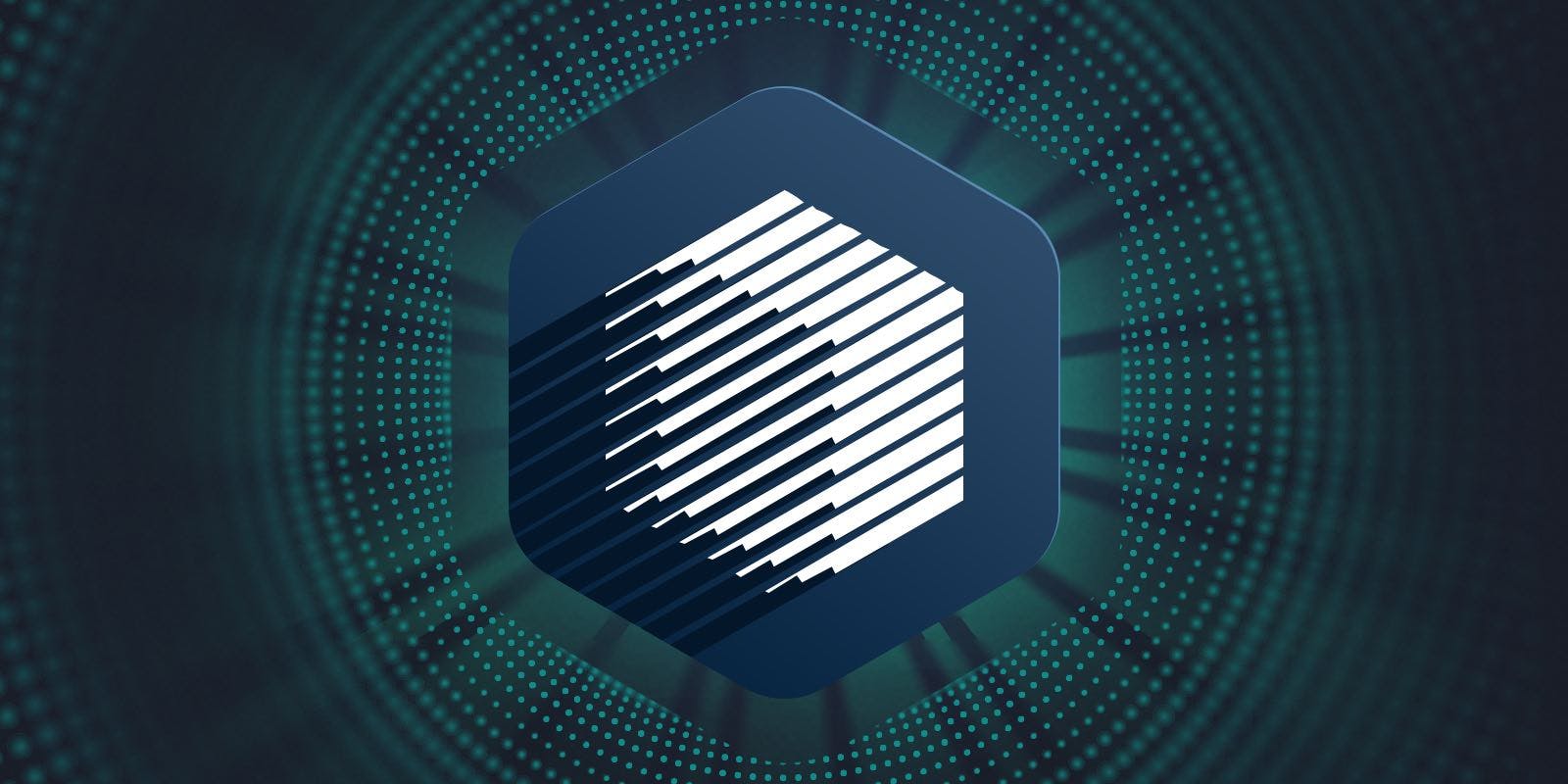What is Ren?
Ren is a network of virtual computers that powers interoperability for decentralised applications which enables cross-chain lending, exchanges collateralisation and more.
Ren in brief:
- Ren allows for interoperability between DeFi protocols
- RenVM directly enhances liquidity on Ethereum
- DeFi applications can tap into the protocol’s liquidity across chains
- RenVM attempts to make DeFi a mainstream crypto reality
What is the RenVM protocol?
When talking about decentralised finance (DeFi) applications, one that is often mentioned is the Ren or RenVM protocol, but what is it?
In its basic form, RenVM is a network that allows blockchains to talk to each other, and uses a Multi-Party Computation algorithm as a consensus protocol to make it all happen. This results in a decentralised, permissionless and trust-less custodian that is able to lock assets on-chain and mint them individually. This allows users to execute single operations without any complications.
To be more specific, RenVM is the engine that powers the solution, and is not an application or product in itself. Instead, it allows developers to bring cross-chain functionality to their DeFi applications.
Powered by Darknodes
RenVM is powered by a network of computers called Darknodes, which earn rewards for contributing to the network’s computing power and storage space. These decentralised virtual machines are replicated over thousands of computers in order to work together, contributing to their network bandwidth.
To put this into context, virtual machine technology already allows a single computer to run multiple “VMs”, which means that scalability shouldn’t be an issue. As compensation for their work, these Darknodes earn a share of the transacted volume through RenVM network.
Does RenVM solve anything?
RenVM’s greatest selling point is that it allows blockchains to talk to each other, thus bringing interoperability between multiple DeFi protocols and products. The consequence of such a technology is that it directly enhances liquidity on the Ethereum ecosystem, regardless of a specific application.
Technically, RenVM can be plugged into (and power) any DeFi application that functions on it and on Ethereum looking to tap into a source of liquidity.
In simple terms, RenVM can be seen as a decentralised custodian. It holds digital assets and then mints fresh ones represented on Ethereum as an ERC20. While RenVM currently supports bringing digital assets to the Ethereum ecosystem, the same approach could be said for other DeFi protocols like Polkadot and Tezos.
Similar to other DeFi protocols, the vision is to bring decentralised finance into the crypto mainstream. As with all new projects, only time will tell if the facts match with these intentions.
